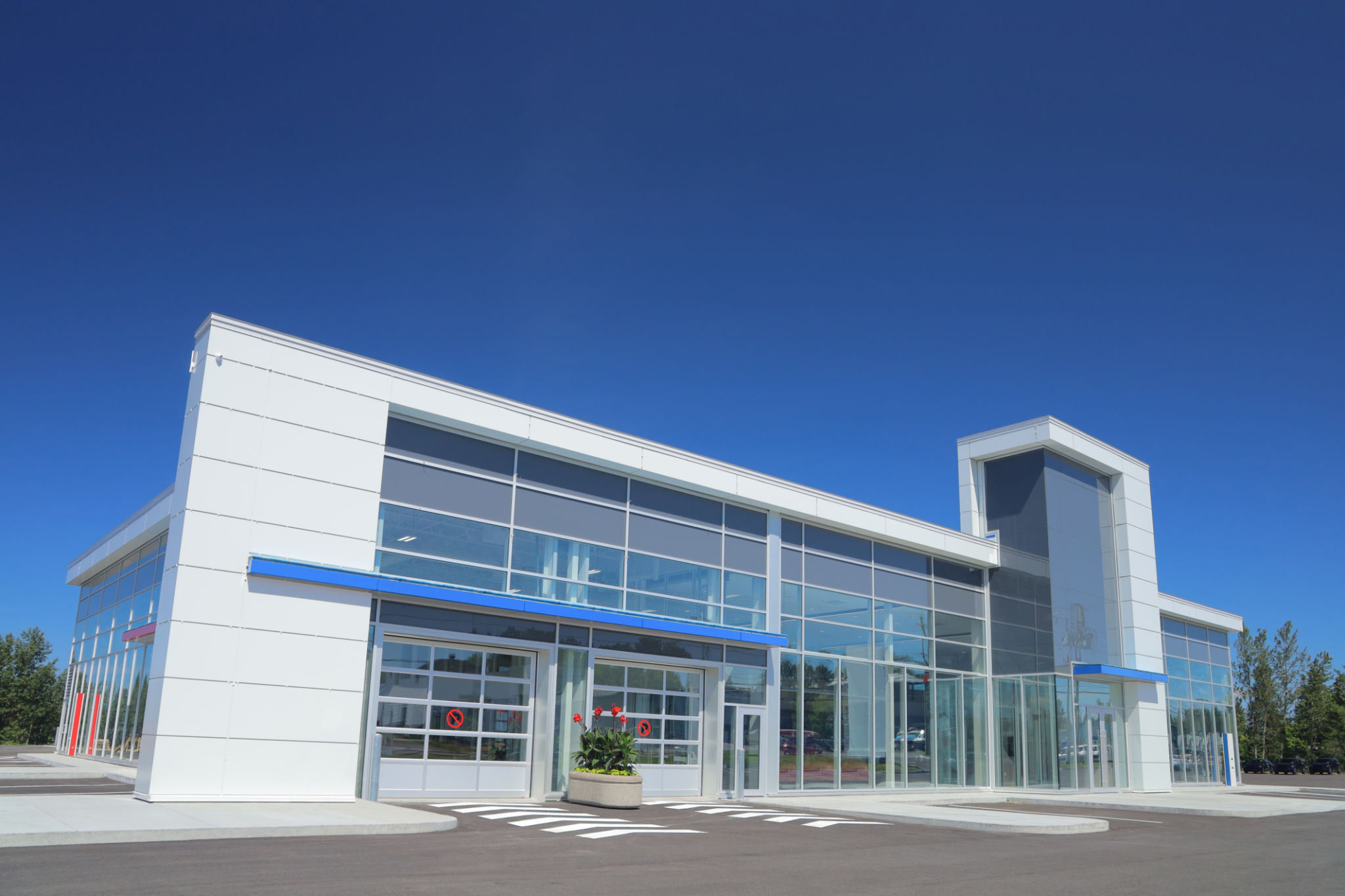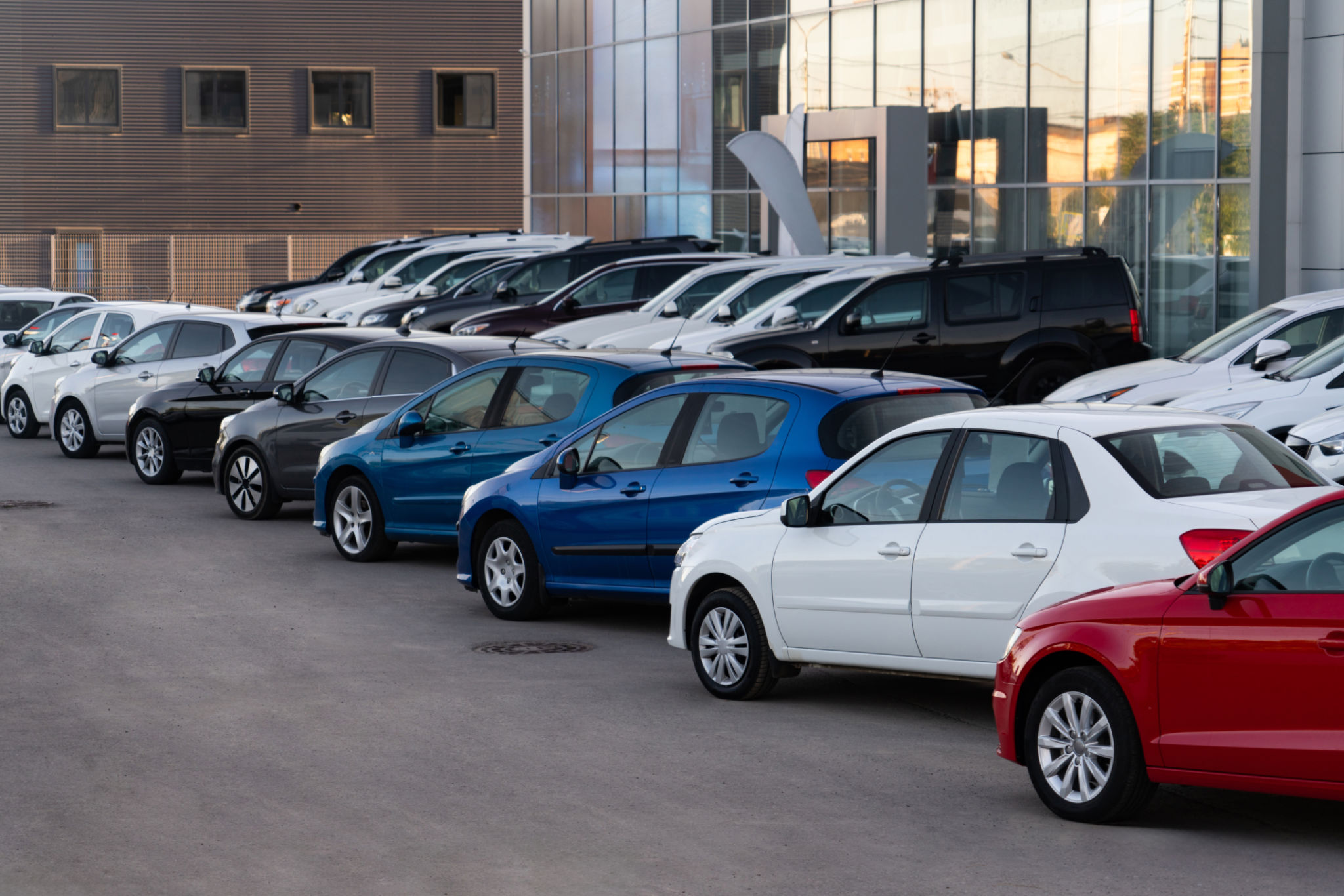The Ultimate Guide to Buying a Car in Oroville
Understanding Your Needs and Budget
Buying a car is a significant investment, and starting with a clear understanding of your needs and budget is crucial. Consider what you'll primarily use the vehicle for—commuting, family trips, or perhaps off-road adventures. This will help you decide on the type of car that best suits your lifestyle. Equally important is setting a realistic budget. Remember to factor in additional costs such as insurance, fuel, maintenance, and registration.

Researching Car Models and Features
Once you have established your needs and budget, the next step is to research different car models and their features. Oroville offers a range of dealerships and online platforms where you can gather information. Focus on factors like fuel efficiency, safety features, and reliability. Reading reviews and ratings from current owners can provide valuable insights into the vehicle’s performance and maintenance needs.
Comparing New vs. Used Cars
Deciding between a new or used car is another important consideration. New cars come with the latest features and warranties but tend to depreciate quickly. Used cars are more affordable upfront but may require more maintenance. Weigh the pros and cons of each option based on your priorities and financial situation.

Financing Your Car Purchase
Understanding your financing options is essential when buying a car. Many dealerships in Oroville offer in-house financing, or you may choose to secure a loan from a bank or credit union. Compare interest rates, loan terms, and any additional fees to ensure you’re getting the best deal. Don’t forget to check your credit score beforehand, as it can significantly impact your financing options.
Exploring Lease Options
Leasing is another alternative if you're not set on owning a car long-term. It often involves lower monthly payments compared to buying but comes with mileage restrictions and wear-and-tear charges. Consider your driving habits and preferences before deciding if leasing is right for you.

Visiting Dealerships and Taking Test Drives
Once you've narrowed down your choices, visit local dealerships to get a firsthand experience of the cars you're interested in. Test driving is an essential part of the process as it allows you to assess how comfortable you feel behind the wheel and evaluate the vehicle's performance. Pay attention to factors such as steering responsiveness, braking, and overall ride quality.
Negotiating the Best Deal
Negotiation is often part of the car-buying process. Be prepared to discuss pricing with the dealer based on your research. It’s helpful to know the market value of the car and any current promotions or incentives that can be leveraged during negotiations. Remember, it’s okay to walk away if the deal doesn’t meet your expectations.

Finalizing Your Purchase
After reaching an agreement on price, review all the paperwork thoroughly before signing. Ensure that all terms are clearly outlined, including warranties, service agreements, and any after-sales services offered by the dealership. Double-check that there are no hidden fees or unexpected charges.
Finally, once the paperwork is complete, enjoy your new car! Remember to keep up with regular maintenance and service appointments to keep your vehicle running smoothly for years to come.